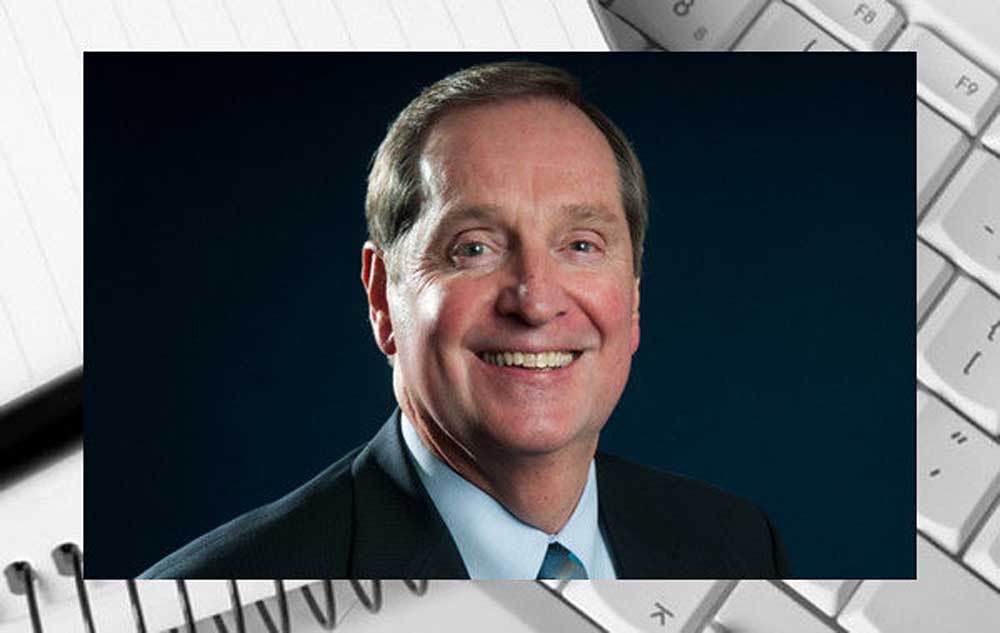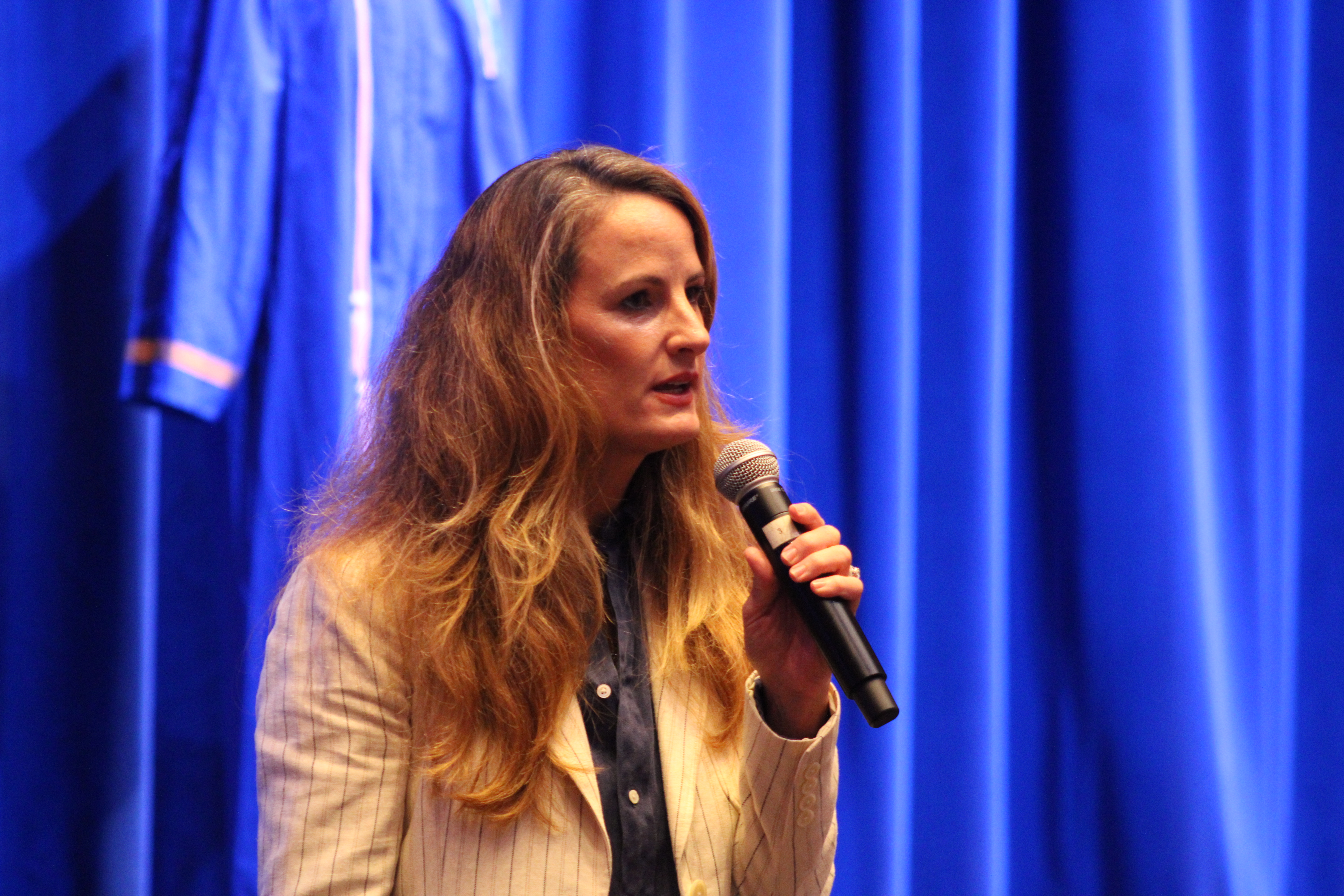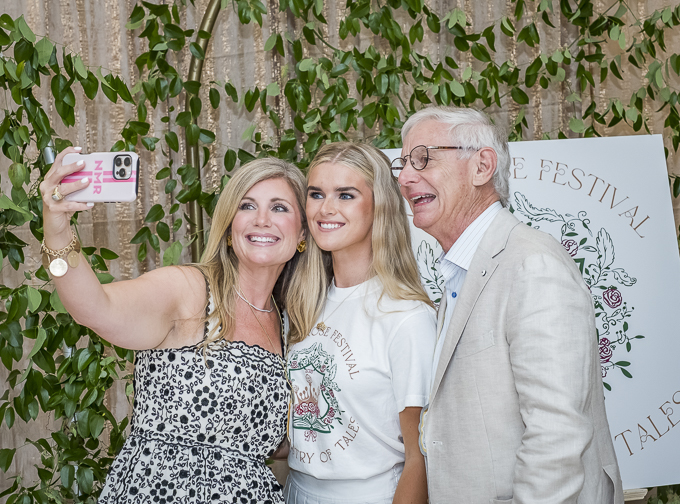Vise Grips and Limp Fish
Published 5:53 am Wednesday, September 23, 2015
“You cannot shake hands with a clenched fist.”
– Indira Gandhi
Trending
Let’s talk about handshakes. They’re important. They say something about you, whether you mean to or not.
They can make or break a business deal. They can enforce or change someone’s opinion. And they very often affect hiring decisions – both positively and negatively.
Over the years, I have shaken a lot of hands. Sometimes, I don’t recall all the conversations and what if anything of substance was discussed. But I tend to recall the greeting and first impression left by that handshake.
Much of my newspaper career, I was responsible for interviewing job prospects and making final decisions on hiring. I looked for eager, interested, energetic people … and sometimes the handshake was my first hint I might have found one.
A weak, disinterested or half-hearted handshake tells you something else … comparable to someone looking too often at their watch or pulling out their cellphone while you talk. All signs say, “This person is just going through the motions. He or she really doesn’t care about me or want this job badly enough.” Often, that was that; it didn’t get any better. The interview only uncovered other weaknesses that led you to pass and move on to the next.
Trending
A good handshake, however, doesn’t guarantee anything. The beefy grab that greeted me one day was offset by the red flannel shirt and blue jeans one applicant wore to the interview. Another strong grip was wasted when the applicant nodded off as I described the job. And the vise-grip handshake that almost breaks your hand … well, I’m not a big fan of knuckle-busting first impressions.
Greetings can differ depending on the culture, but a good handshake is generally firm but not crushing, fairly short-lived (two to five seconds) and accompanied by good eye contact and a few spoken words.
I’ve rejected a few because of that initial “limp fish” handshake. I’ve also hired a few with so much going for them they deserved a chance to work on that deficiency.
Think about your lifetime of handshakes. Which do your remember? Which do you remember for the wrong reasons? I remember a few:
Years ago, I escorted Hubert H. Humphrey around the Kansas State University campus and was struck by the impact of his handshake, that meaty paw and firm grip … just the right touch.
Rick Perry has a strong, in-command handshake, but it comes across as a bit rehearsed. I guess that comes with the political territory. George W. Bush had a strong, take-charge handshake, but it was friendlier, like he really wanted to know you. Former Sen. Kay Bailey Hutchison may not have had the most powerful handshake, but she was sharply focused on everyone she met.
Tommy Lasorda and Bobby Valentine had fun when they welcomed us to their shindig. And when you shook their hands, you felt you were part of their inside joke. Tom Landry, just days after being fired, exuded warmth and decency, and his gentle handshake told you why he was so beloved. Jerry Jones was all business.
In the 80s, Sophia Loren introduced a new fragrance, and our newspaper group was involved in her special appearance in Dallas. Her handshake was prim and proper, and I was agog at meeting an international star. Her greeting was friendly, receiving line style. But she was selling perfume, and I was glad she spoke to me.
Singer Tony Bennett was different. He came to Dallas twice promoting his oil paintings, which he signed as Anthony Benedetto. At the reception, he was outgoing and friendly. Marti and I could have talked to him all night. Nobel Laureate Elie Wiesel greeted you with an unforgettable, two-handed embrace. He pulled you in, then rewarded you with a few special, well-chosen words. Unforgettable.
I’ve also shaken hands with a few murderers and scoundrels. They tried, with their powerful handshakes, to convince me they were good or innocent. It didn’t work. It’s not all about the grip, the firmness or the technique. It’s about the smile, the attitude, the attentiveness and the warmth in the eyes.
Bob Dole’s handshake – an across the body left-handed shake – was firm and friendly, both when I was a teenager watching the Prairiesta Parade in Kansas, and later when he ran for president. When you know his story – that in World War II he lost the use of his right arm and continues to have limited grip and feeling in his left – you cut him a lot of slack and enjoy the greeting.
Bob Hope had a big handshake and used it as a heart-felt expression of support for those in uniform. But at the end of his 1971 Christmas tour in Vietnam, he was exhausted. His show was perfect, but afterward you saw the strain in his eyes. If the handshake was a bit pained, it probably was all he could manage. Nolan Ryan predictably knows his way around a handshake, treating it with the care and finesse of a good fastball. And former Mayor Barbara Bass has a great handshake… as do hundreds of folks I know and associate with here in East Texas.
You learn something from every handshake. You also share something with every handshake. I haven’t always been good at it. The bad day you’re having, the long hours you’re working, the pain in your knuckles or the heavy schedule on your mind… all those things can be reflected in your handshake.
The 90-year-old veterans I have accompanied to Washington on a half dozen Heroes Flights can generally muster up a firm, if a bit arthritic, military handshake. But they reserve their best efforts for the school children who line up at the World War II Memorial to say “thank you.” Those tentative, awkward, but always respectful handshakes are, they say, the ones they remember most.
###
Dave Berry is the retired editor of the Tyler Morning Telegraph. His Focal Point
column runs each Wednesday on the front of the My Generation section.







